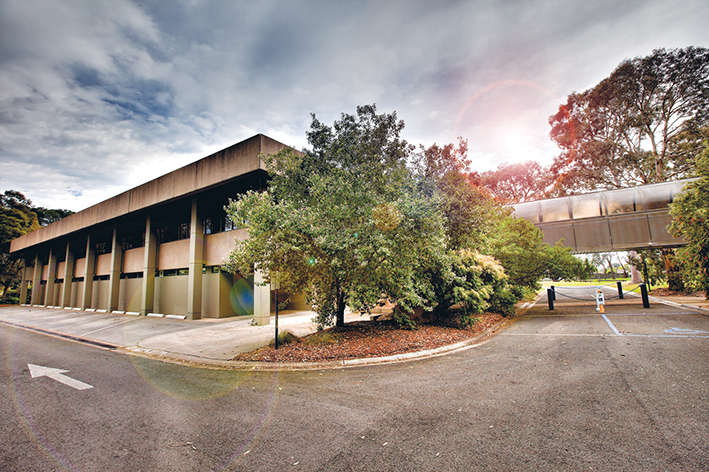COUNCILLORS have warned that the planning powers of all Victorian municipalities are threatened following the release of a report by the Independent Broad-based Anti-corruption Commission (IBAC) and the influence of former Mornington businessman John Woodman on several planning decisions by Casey Council.
Mornington Peninsula mayor Cr Steve Holland says the state government will use IBAC’s Sandon report to “further centralise power. The worst possible response”.
The Premier Daniel Andrews said he would follow the IBAC report’s recommendation of setting up an inter-departmental taskforce to coordinate the implementation of 34 “recommendations to promote transparency in planning decisions; enhance donation and lobbying regulation; improve the accountability of ministerial advisers and electorate officers; and strengthen council governance”.
Operation Sandon – which in part led to the sacking of Casey Council in 2020 – found “clear evidence of two councillors accepting personal benefits from making or influencing council decisions related to planning or land use” as well as revealing hundreds of thousands of dollars being donated to the Labor and Liberal parties as well as state and council candidates.
“The investigation demonstrated how ministers, members of parliament, councillors, ministerial advisers, and electorate officers may be targeted by lobbyists, and how limitations in the current regulation of lobbyists present corruption vulnerabilities,” IBAC acting commissioner Stephen Farrow said.
Cr David Gill compared the state government taking over planning to “putting the fox in charge of the hen house”.
He said the Liberal and Labor parties who “take donations from developers” would consider taking over planning because the IBAC report found that two councillors from one council had been paid.
Gill said it was “well known” that the government had been hiring planners from councils “to set this up … they have been planning this for years”.
“Everyone knows and [council] CEOs have been told to keep it quiet.
“You can’t trust state governments with planning. They have allowed developers to get away with it and now are blaming local government.
“They’re not interested in what happens in a local area except in taking away appeal rights.”
Holland told The News it was “early days” to gauge the government’s reaction to the IBAC findings , predicting “more will be said in coming months”.
The Sandon report made some good recommendations but he was concerned that it would be used “to further disenfranchise local communities by centralising planning controls and power at a state level with unelected bureaucrats”.
“I maintain … that the best decisions for local communities are made at the local community level. Our shire has seen some significant decisions overturned by VCAT [the Victorian Civil Administrative Tribunal] contrary to the wishes of the community.
“VCAT is a state-controlled … it seems odd to lay the blame at the feet of the local government sector. We saw that with the Ryman [aged care centre proposal in Mount Eliza] case and more recently with the illuminated billboard in [Nepean Highway] Mornington.
“The local government sector will need some time to absorb the full report and any reforms will ultimately be up to the state government as they have complete statutory control over local government.”
Holland and Gill’s concerns about the state government taking over planning decisions are echoed by Municipal Association of Victoria president Cr David Clark who said “it would be a travesty for the Andrews government to use the findings to centralise planning powers within the backrooms of Spring Street”.
“The behaviour described in the [Sandon] report is unacceptable and reflects poorly on all involved,” he said.
“All Victorians will want to know what consequences await the other key participants in this saga, including past and current members of parliament, lobbyists, and individuals and entities within the development sector.”
First published in the Mornington News – 1st August 2023


